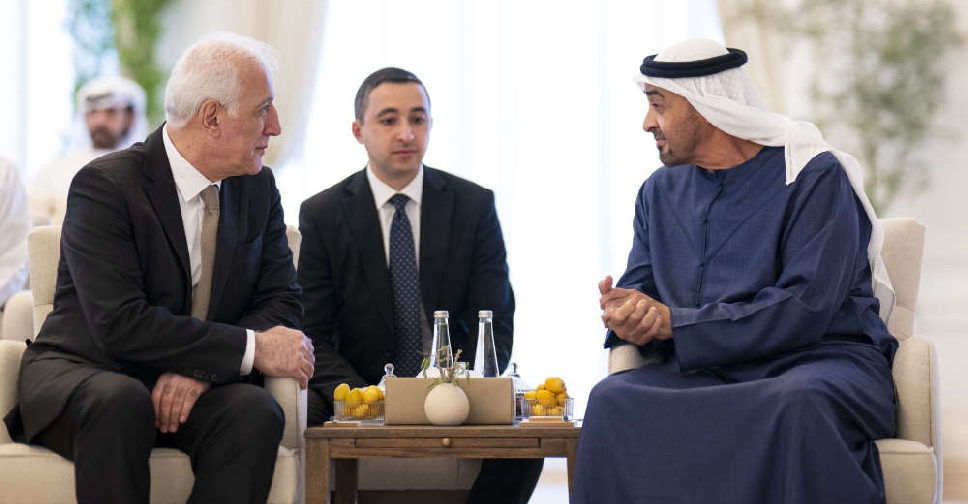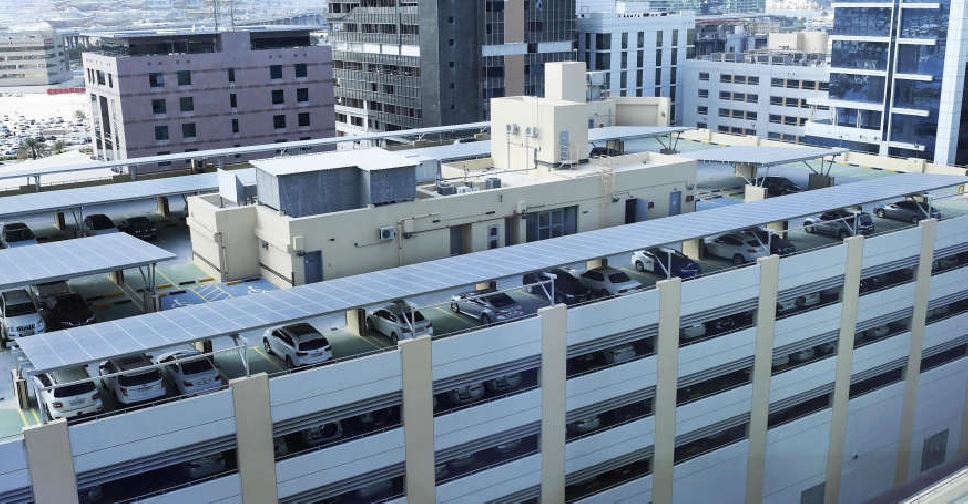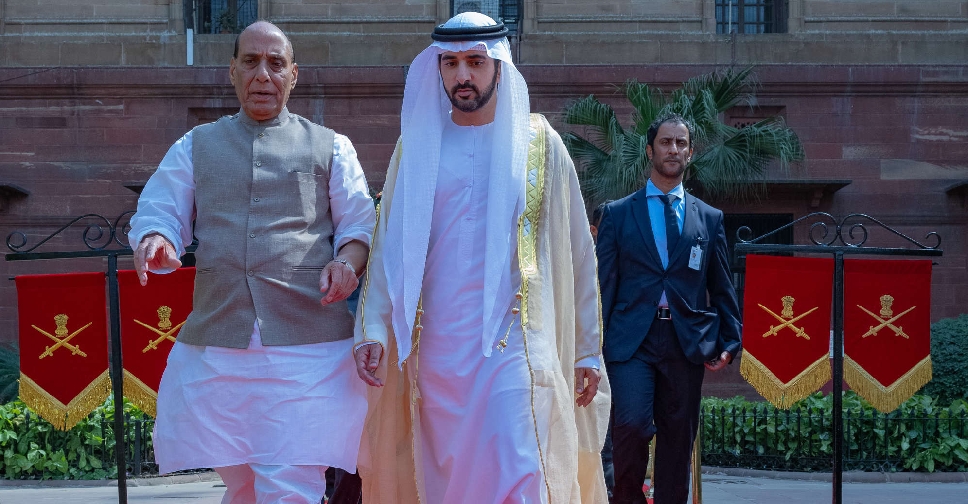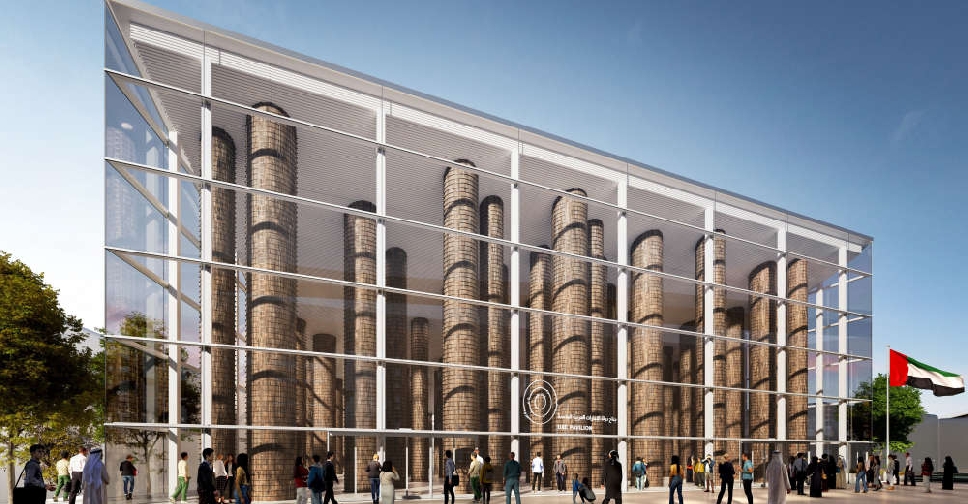
The launch of the Abu Dhabi Industrial Strategy (ADIS) has accelerated the transformation of the emirate's manufacturing sector within a year.
Increased activity has been registered across all three stages of Abu Dhabi’s manufacturer licensing journey: Rowad (initial licence to establish an industrial firm), construction (to begin constructing an industrial facility) and production (to commence operations).
The 12-month period from July 2022 to June 2023 recorded a 16.6 per cent increase in the number of new industrial Rowad licences granted in Abu Dhabi (from 204 to 238).
As many as 116 new Rowad licences were issued during H1 2023 alone, which is an increase of 63.3 per cent compared to H1 2022.
AED 15.36 billion in capital investments made by manufacturing facilities moved to the in-production phase over the year - a growth of 85.7 per cent from a year earlier.
As a result, total capital investments by manufacturers operating in the emirate grew AED 12.42 billion to AED 384.06 billion in the same period, up from AED 371.64 billion a year ago.
The number of operational manufacturers in the emirate now stands at 966, up from 922 at the end of H1 2022.
"Our manufacturing sector, which contributed 16.4 per cent to Abu Dhabi’s non-oil GDP in 2022 and represents 49.9 per cent of the total industrial sector in the UAE, is moving from strength to strength, powered by successful implementation of the industrial strategy’s transformational programmes to enhance the sector’s competitiveness by increasing access to financing, enhancing ease of doing business, and attracting domestic and foreign direct investments," said Ahmed Jasim Al Zaabi, Chairman of Abu Dhabi Department of Economic Development (ADDED).
The Abu Dhabi Industrial Strategy, led by ADDED, aims to strengthen the emirate’s position as the region’s premier industrial hub by doubling the size of the industrial sector to AED 172 billion, creating 13,600 new skilled jobs, and increasing the emirate’s non-oil exports to AED 178.8 billion by 2031.
The strategy involves an investment of AED 10 billion across six transformational programmes: Talent Development, Industry 4.0, Circular Economy, Ecosystem Enablement, Homegrown Supply Chain and Value Chain Development.
In its first year, the Abu Dhabi Industrial Strategy has led to a 16.6% increase in new Industrial licences (Rowad) issued in the emirate, highlighting Abu Dhabi’s accelerating rate of industrialisation. #MadeInAbuDhabi pic.twitter.com/wVU7zqxQ0g
— مكتب أبوظبي الإعلامي (@ADMediaOffice) August 15, 2023
Read more: https://t.co/JpeC6rCNki
— مكتب أبوظبي الإعلامي (@ADMediaOffice) August 15, 2023


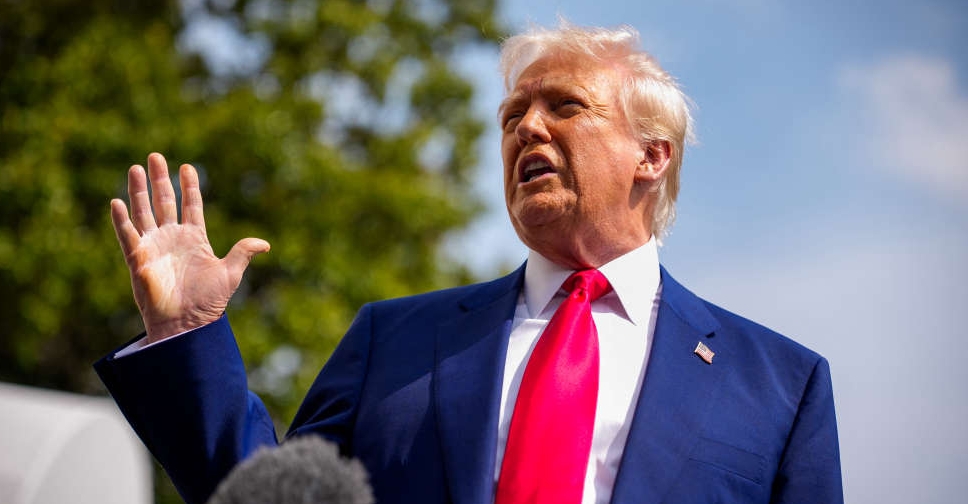 Trump threatens to hike China tariffs further as market plunge continues
Trump threatens to hike China tariffs further as market plunge continues
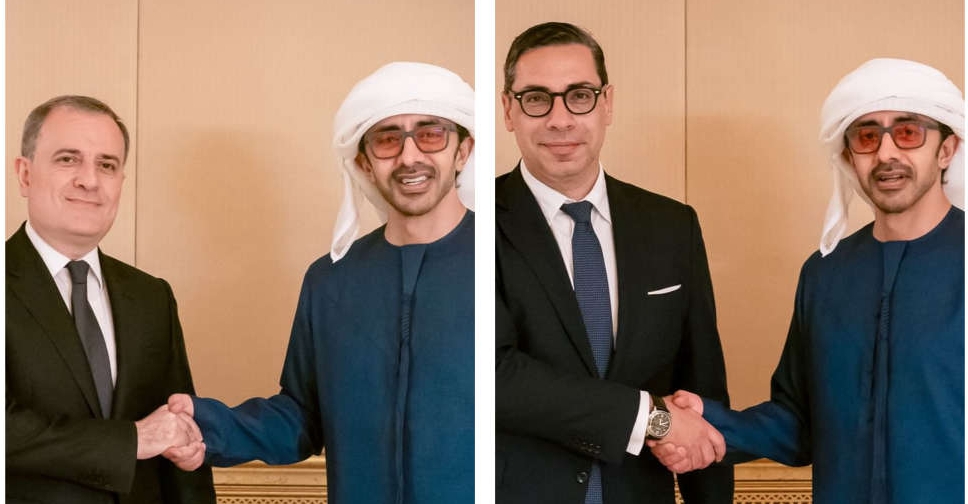 Sheikh Abdullah meets foreign ministers of Azerbaijan and Cyprus
Sheikh Abdullah meets foreign ministers of Azerbaijan and Cyprus
 Innovation, sustainability take centre stage at Middle East Energy
Innovation, sustainability take centre stage at Middle East Energy
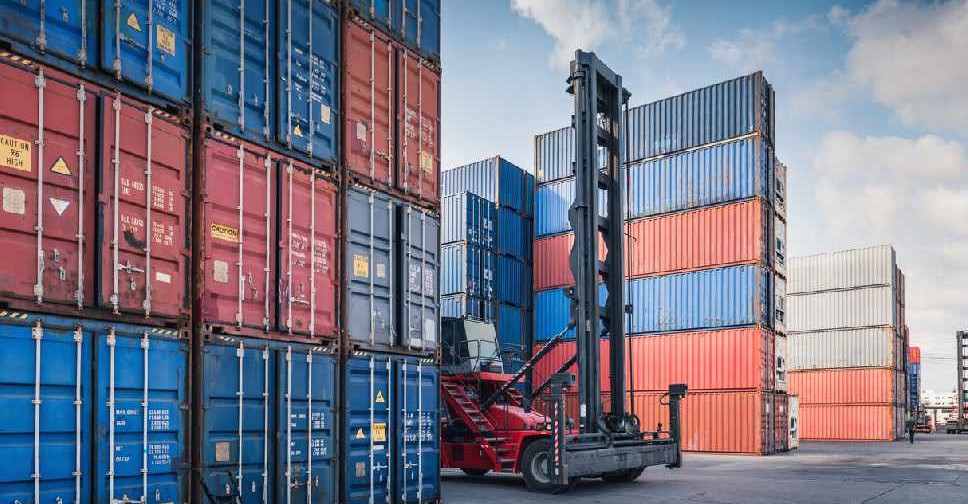 Abu Dhabi records 9% growth in non-oil foreign trade
Abu Dhabi records 9% growth in non-oil foreign trade
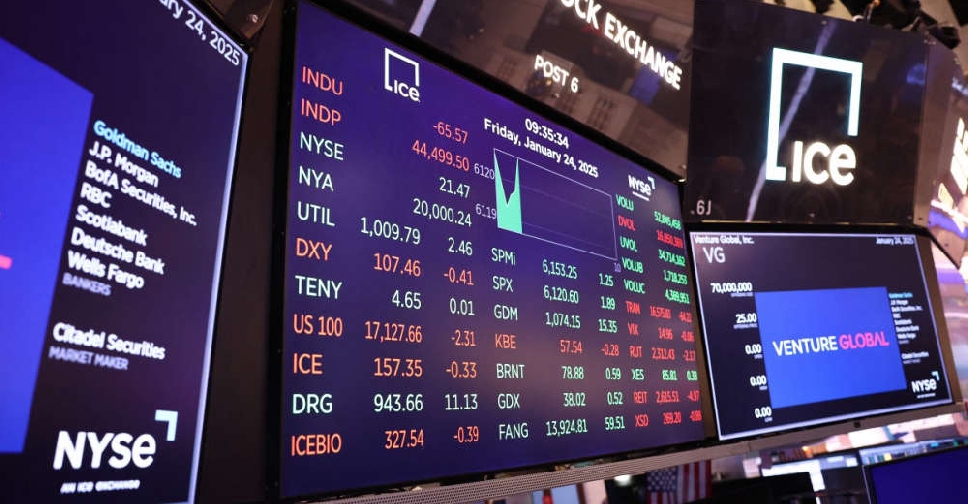 S&P 500 nears bear market as Trump's tariffs hammer stocks
S&P 500 nears bear market as Trump's tariffs hammer stocks
